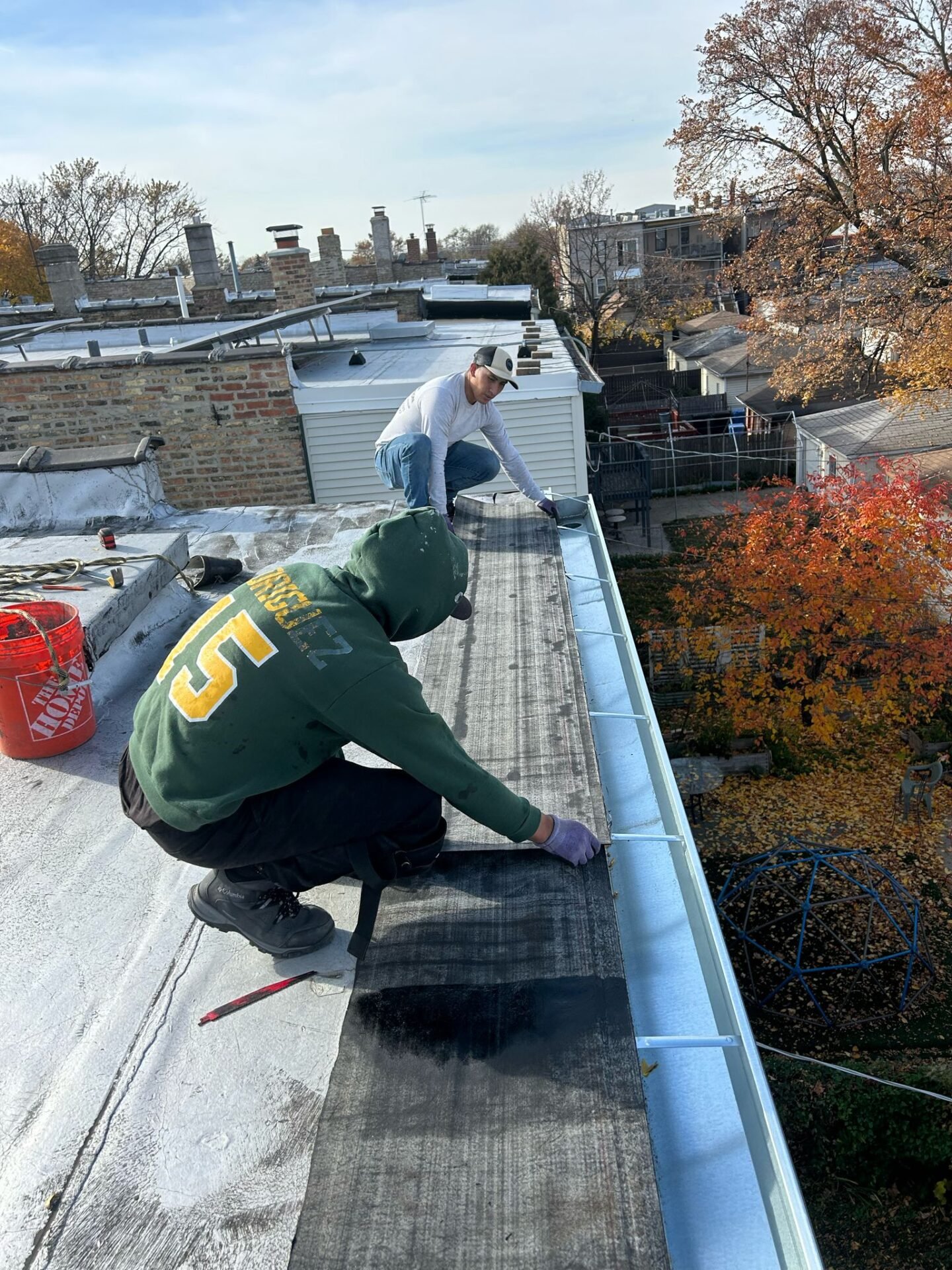
Why Do My Gutters Overflow in Heavy Rain?
Gutters are an essential part of any home’s drainage system. They collect rainwater from the roof and direct it away from the foundation, preventing water damage to the structure. However, many homeowners experience issues with their gutters overflowing, especially during heavy rainstorms. In this article, we’ll explore the reasons behind this common problem and discuss effective solutions.
Understanding Gutters
Gutters come in various types, including vinyl, aluminum, steel, and copper. Regardless of the material, their purpose remains the same: to channel rainwater away from the house. Gutters are typically installed along the edges of the roof, with downspouts directing the water to the ground or drainage system.
Common Causes of Gutter Overflow
One of the primary reasons for gutter overflow is clogging. Debris such as leaves, twigs, and dirt can accumulate in the gutters over time, obstructing the flow of water. Additionally, improperly installed gutters or those of inadequate size may not effectively handle heavy rainfall, leading to overflow.
Effects of Overflowing Gutters
Overflowing gutters can cause significant damage to your home. When water spills over the sides, it can seep into the foundation, causing cracks and structural issues. Moreover, water cascading down the exterior walls can damage the siding and contribute to mold growth indoors.
Solutions to Prevent Gutter Overflow
Regular gutter maintenance is crucial to prevent overflow. Cleaning the gutters at least twice a year, or more frequently if you have trees near your home, can help prevent clogs. Installing gutter guards can also minimize debris buildup while ensuring proper gutter slope allows water to flow smoothly towards the downspouts.
Importance of Maintenance: Why Do My Gutters Overflow in Heavy Rain?
Routine gutter maintenance is essential to avoid costly repairs down the line. Keep an eye out for signs of gutter problems, such as sagging, rust spots, or water stains on the exterior walls. Addressing these issues promptly can prevent further damage to your home.
DIY vs. Professional Help
While some homeowners may prefer to tackle gutter maintenance themselves, others opt to hire professionals. DIY gutter cleaning can save money but requires time, effort, and the necessary equipment. On the other hand, hiring professionals ensures thorough cleaning and inspection, potentially identifying underlying issues early on.
Conclusion
Overflowing gutters can cause extensive damage to your home if left unaddressed. By understanding the common causes of gutter overflow and implementing preventive measures such as regular maintenance and proper installation, you can protect your home from water damage and maintain its structural integrity.
FAQs
- How often should I clean my gutters?
- It’s recommended to clean your gutters at least twice a year, ideally in the spring and fall. However, if you have trees near your home, more frequent cleaning may be necessary.
- Can I install gutter guards myself?
- While gutter guards can be installed DIY, it’s essential to choose the right type for your gutters and ensure proper installation to avoid issues.
- What should I do if my gutters are overflowing?
- If your gutters are overflowing, start by checking for clogs and clearing any debris. If the problem persists, consider consulting a professional for further assessment.
- How can I tell if my gutters need repair?
- Look out for signs such as sagging gutters, rust spots, or water stains on the exterior walls. These indicate potential issues that should be addressed promptly.
- Are there any long-term solutions to prevent gutter overflow?
- In addition to regular maintenance, consider investing in gutter guards or upgrading to larger gutters to improve water flow and reduce the risk of overflow.




Comment (0)